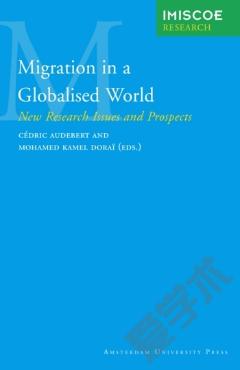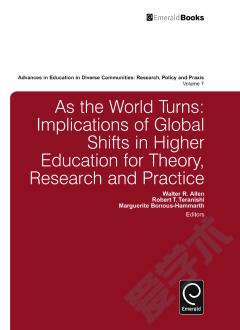Conducting Research in a Changing and Challenging World
The book “Conducting Research in a Changing and Challenging World” edited by Drs. Thao Lê and Quynh Lê, is unique in the sense that it presents a broad and dynamic research narrative, which is filled with phenomena, issues and challenges facing researchers in various disciplines, cultural contexts, linguistic and ethical discourses. The content of the book is addressing three overarching research issues: What are the diverse challenges, opportunities, and limitations different cohorts of individuals face? Why and how do these cohorts respond to these challenges, opportunities, and limitations? How, where, when, and why do researchers interact with these challenges and what have they learned from their investigations? One of the strengths of this edited book is, each of the contributors has explored these three issues from a somewhat unique perspective, but collectively they provide a rich discourse and milieu around the purpose of research and how and why it is conducted and interpreted within a contemporary multimodal context. Across all the chapters the contributions have focused on the process of researching and as a consequence there are two recurring discourses identified. The first discourse relates to conducting the research and involves topics, such as methodology, ethics, research populations, assessment, data, and linguistic complexity. The second discourse is around the researchers, because they are the “lens” through which their research is conceived, guided, articulated, and interpreted. For too long now, too many books about research, particularly social science related research, have been locked into a narrow discourse around the benefits of either qualitative or quantitative research methods. While this topic is explored in this text, it is not dominated by this one, rather artificial dichotomy. What is exciting about "Conducting Research in a Changing and Challenging World" is its diversity and the range of dichotomies that are explored and the range of contexts and issues that are reviewed. There is a strong narrative quality throughout the chapters where the voice of the researchers and their purpose is amplified. The book is of special interest to research-orientated students as well as to those who want to learn more about conducting research in a challenging discourse of diverse paradigms
{{comment.content}}








 京公网安备 11010802027623号
京公网安备 11010802027623号